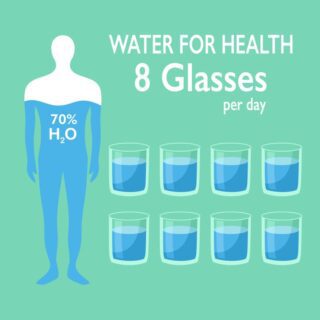Protein supplements- not all are created equal

As protein supplements become more popular, the number of options continue to grow. Ingredients, effects, sources, and forms are continuously changing and not all are created equal. In order to determine which type of supplement will work best for you, varying sources from which protein powders come from are described below (Harvard School of Public Health, 2022):
- Casein and whey. These proteins are found in cow’s milk, meaning that they should be avoided by individuals who have a sensitivity to dairy. Though they both contain all essential amino acids and are easily absorbed by the body, the rate at which this absorption occurs differs. Whey protein is water soluble and metabolizes rapidly, while casein is not soluble in water and is digested by the body at a slower rate. Due to this difference, whey is noted to be useful for gaining skeletal muscle while casein is noted to be more useful for weight loss due to its fullness promoting effect.
- Soy. This protein is made from soybeans, making it a plant-based protein that contains adequate levels of all of the essential amino acids. It is commonly used as an alternative to milk protein, making it safe for individuals that are vegan or have a sensitivity to dairy. When compared to animal-based proteins it is not as bioavailable, but was found to be superior to casein in its promotion of muscle protein synthesis. When compared to whey protein, soy is inferior in its ability to support muscle protein synthesis.
- Pea. This protein is made from yellow split peas, making it a perfect option for both vegans and individuals with a sensitivity or allergy to soy or dairy. It is known to be rich in 8 out of 9 essential amino acids. Though it is short in methionine, this amino acid can be consumed from other sources such as rice or animal protein. It is noted that the muscle strength and thickness gained from this type of protein is similar to that of whey protein.
- Hemp. This protein is made from the seeds of the hemp plant. It is known for containing omega-3 fatty acids in addition to many of the essential amino acids, but is not considered a complete protein. There is limited use of this protein as a workout supplement.
It is not uncommon for supplements to contain non-protein ingredients such as minerals, vitamins, thickeners, added sugars or sweeteners, and artificial flavoring. When buying a protein supplement, be sure to carefully read the nutrition label and ingredients to ensure that you know exactly what you are consuming.

This article reviewed by Dr. Jim Liu, MD and Ms. Deb Dooley, APRN.
There’s nothing more important than our good health – that’s our principal capital asset.
#medical #telehealth #umedoc










